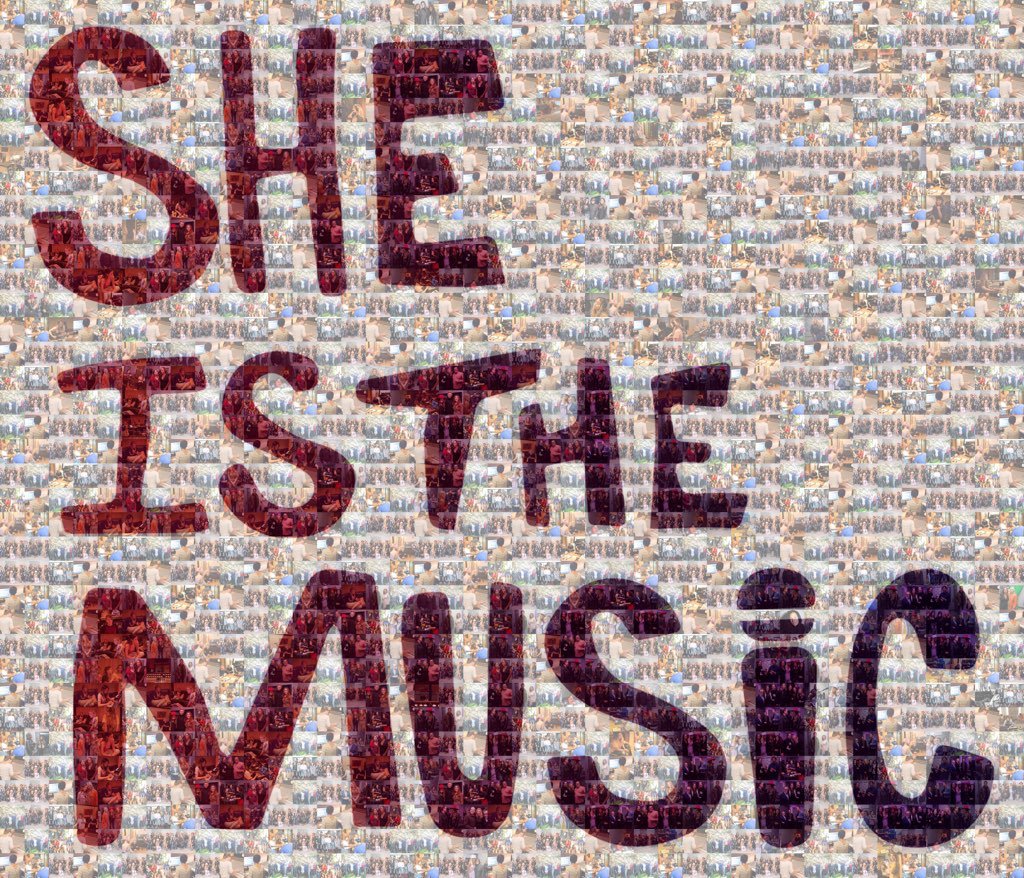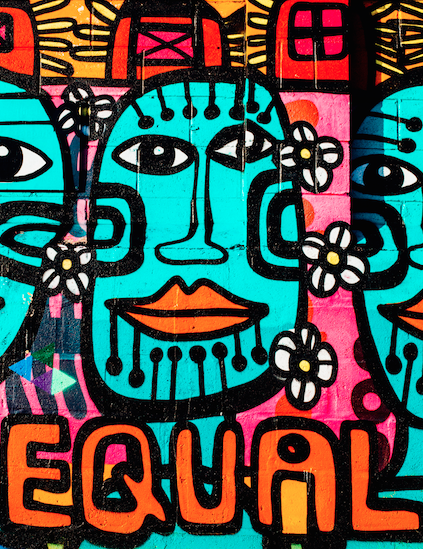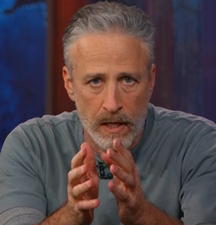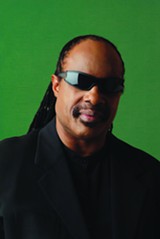There was something refreshingly different about the 61st Grammy Awards this year. Comic sketches and clever routines were replaced by transparency and honesty. It began the moment Alicia Keys, the emcee, stepped onto the stage. Her powerful authentic style set the tone – and vibe – for the entire event.
In her first year hosting the Grammy Awards (the first woman to host), there was a palpable positive energy in the room. It was all Alicia Keys. For anyone who has followed Keys’ career, it is clear that the performer today is a much more natural version of her earlier self. She rarely wears makeup, because quite frankly she doesn’t need it. Beyond that radiant smile and soulful eyes, her real beauty and power comes from her inner being. She is real, honest, and pure light.
I have been a fan of Alicia Keys from the first moment I heard her perform on the Grammy stage in 2002. Within her voice lies purity and purpose, clarity and emotion. She is one of those individuals who, once you hear her, you say, “This woman was born to sing!”
Each time she returned to the Grammy stage, Keys elevated the energy in the room. For me, the most defining moment of the entire Grammy Awards was that moment – and for those of you who watched the show know what I’m about to say – when Keys straddled two Steinway pianos to reveal her pure talent. Some times, she played both pianos simultaneously; other times, she shifted from one piano to the other. She demonstrated perfection as a performing artist.
It got me thinking about us as professionals, particularly, what happens when we enter the room, how people respond to us, and how we invite people into our space. Do you welcome conversation? Do you put people at ease when they meet you for the first time? Do you emanate positivity? Do you put your best foot forward? What tone are you setting? Are you representing your most authentic self?
Watching Alicia Keys in action – from standing shoulder to shoulder with former First Lady Michelle Obama to signing off for the night in a most inclusive, personal way – I was reminded that we professionals can certainly do a better job of putting our best selves out there when we boldly step out onto that platform or that stage, or enter that boardroom. When your confidence shines, you shine, and you command attention. When you draw your audience in, they will demand that you return (and of course, we all want Alicia Keys to return as the Grammy host next year!). That platform, stage, or boardroom becomes yours. You were born to be your most authentic self.
Image: She Is The Music





